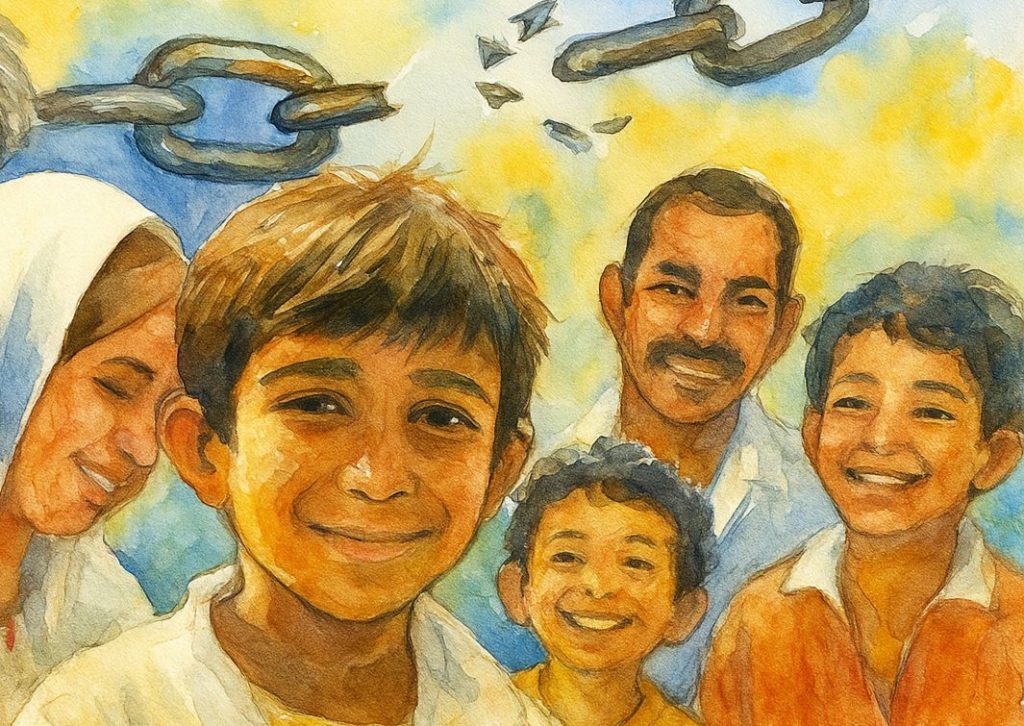World Day Against Child Labour
Child labour encompasses any work that is dangerous or inappropriate for a child’s age, robbing children of their childhood, education, health and dignity. Despite sustained efforts over many years, recent indicators suggest progress has stalled and, in some regions, even reversed. Root causes run deep: poverty and vulnerability, lack of decent work for adults, food insecurity, climate shocks, pandemics, armed conflicts, human trafficking, and other forms of exploitation, such as forced domestic work or sexual abuse.
In this day we remember the legacy of Iqbal Masih (1983-1995), a boy from Pakistan sold by his father into bonded carpet-weaving for a loan of 600 rupees, remains a powerful reminder of what is at stake. Forced into 12-hour shifts, chained to his loom and subjected to beatings, Iqbal grew to be an exceptional weaver but remained in servitude for years. At just ten years old, in 1992, he escaped and bravely spoke out against the many children still trapped in slavery. Supported by the Bhatta Mazdoor Mahaz union, he helped bring his captor to justice and rallied global attention to the plight of child labour victims.
Despite receiving death threats from carpet-industry figures, Iqbal persisted urging consumers everywhere, saying: “Do not buy those carpets!”. His life was cut short when he was fatally shot on Easter Sunday, April 16, 1995, at the age of twelve. Yet his courage sparked a global movement that continues to inspire activists and policymakers today.
As we mark this World Day Against Child Labour, we honour Iqbal’s memory by reaffirming our commitment to end the exploitation of children worldwide. With stronger laws, better social protection, universal education and decent adult employment, we can build on Iqbal’s legacy. Together, we can ensure that every child is free, can learn and dream, turning hope into reality for millions of young lives.
Assistant Lecturer at the University of the Basque Country


